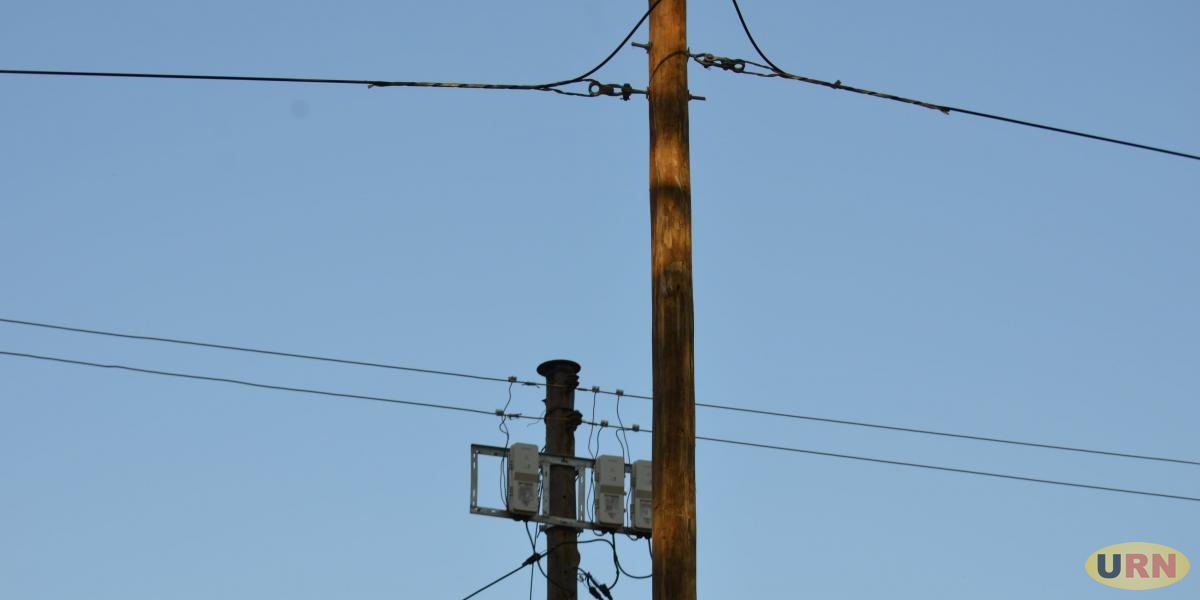KAMPALA-UGANDA/NEWSDAY: The Electricity Regulatory Authority has signed a memorandum of understanding with Uganda Prisons Service to kickstart a pilot project that intends to convert the cooking services in prisons from the use of charcoal to electricity.
The pilot study is expected to kick off a chain of events that will see many Ugandans eventually afford to cook their meals with electricity.
According to ERA, the project codenamed ‘Charcoal to Power,’ aims to introduce efficient and clean cooking technologies to 50,000 Ugandan households and 500 institutions, starting with the Uganda Prisons Service.
Ziria Tibalwa Waako, the CEO ERA, while addressing dignitaries at the signing of the memorandum of understanding recently, in Kampala, said the project is in tandem with achieving Sustainable Development Goals number seven, which aims to ensure access to affordable reliable, sustainable and modern energy for all.
“The project presents notable benefits including reduction in pollution associated with cooking using biomass, improved health by elimination of smoke during the cooking process that is dangerous to life and the reduction in deforestation,” Waako said.
Samuel Akena, the assistant commissioner general of Prisons – Special Duties at the UPS, said while he Electricity Regulatory Authority has signed a memorandum of understanding with Uganda Prisons Service the findings of a study on all their facilities revealed that the benefits of migrating to electricity for cooking in prisons outweigh firewood, the transition will be systematic.
“We, together with ERA and UNDP, undertook a study at the Luzira group of prisons, the training school and the hospital. The study revealed that going forward, electricity is cheaper than firewood. This formed the basis of our decision to migrate from cooking with firewood to electricity.”
Akena further said the prisons service is committed to protecting the environment.
“We use slightly over 30,000 tonnes of firewood per year, which translates to very many trees that are cut down. In terms of money, in this financial year alone, we spent over Shs 1.6 billion on procuring firewood. Luckily, the study reveals that when we transition, we shall save,” he said.
“We shall not totally stop using firewood because we have to factor in power outages but reduction in reliance on firewood is beneficial in the long run,” Akena concluded.
ELECTRICITY
The high prices of charcoal and the soaring prices of gas have left many Ugandan households stuck for options on how to cheaply prepare their meals.
A sack of charcoal at Nakawa market currently ranges from Shs 60,000 to Shs 120,000, while a 6kg gas cylinder, which previously cost Shs 49,000 at some gas dealerships, has now almost doubled to Shs 70,000. With the prices not coming down anytime soon, electricity could become an alternative.
According to Waako, while ERA views “charcoal to power” as one of the initiatives that will conserve the environment by pushing for the use of clean energy, it is also an opportunity for the regulator to grow demand for electricity.
To win over converts, Waako says, they have designed special tariffs tailored to increase reliance on electricity for cooking in households and at institutions such as schools, hospitals and the like.
“As ERA, we have designed special tariffs of Shs 451.4 per kilowatt hour for institutional cooking and Shs 412 per kilowatt hour for domestic cooking for this initiative.”
Waako believes these relatively low tariffs could help encourage many Ugandans and institutions to start using power to prepare their meals on a day-to-day basis with more offers on the way.
“We are looking at further lowering these tariffs as the consumption grows as a result of these initiatives,” she emphasized.
Although lowering of tariffs is a good incentive, most of the people and institutions who subscribe to using gas or charcoal for cooking claim that they are put off from using electricity because it is unreliable. To this, Waako said ERA has put in place a system to motivate the licensees to improve their performance.
“The authority on an annual basis identifies poor-performing feeders and approves investments for restoration of the network to improve service delivery.
“ERA will engage with the various licensed distribution companies to ensure that electricity supply to the facilities and projects covered by the memorandum of understanding is safe, reliable and affordable,” she summarized.
The authority with the support of UNDP is currently implementing a similar pilot project at Mulago hospital at the Mwana Mugimu children’s clinic.

